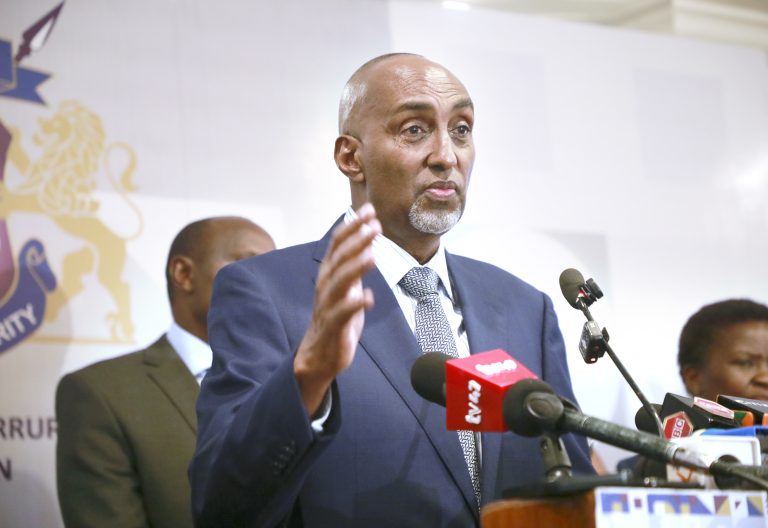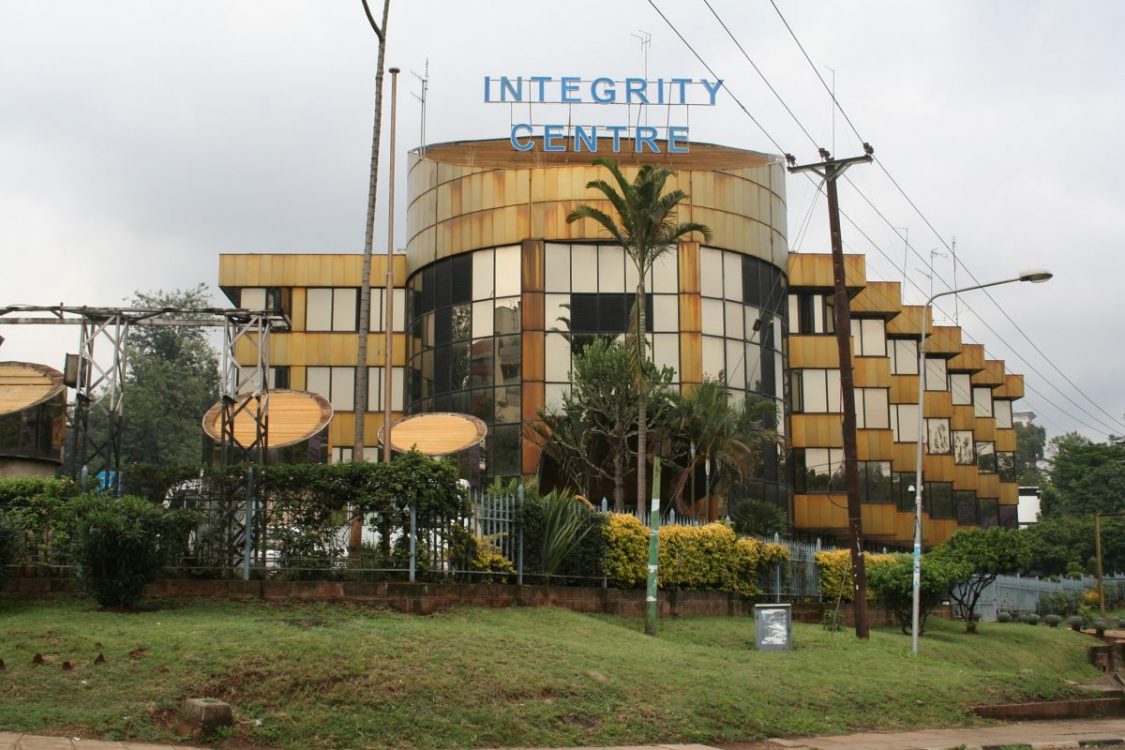Scores of civil servants hold fake certificates

A pervasive crisis of academic fraud is rocking Kenya’s civil service, as a growing number of workers are being unmasked for securing and maintaining their positions in government through the use of forged academic papers.
This systemic deception, which has allowed unqualified individuals to infiltrate crucial government roles, raises serious questions about the integrity and quality of public services taxpayers receive after paying “an arm and a leg.”
Since 2022, the Ethics and Anti-Corruption Commission (EACC) reports it has received and investigated 549 cases of forged academic and professional certificates.
Administrative action
Of these cases, 134 investigation files have been completed, 85 forwarded to the Director of Public Prosecutions, and 33 are pending in court.
The EACC added that 20 cases have been concluded in court, resulting in 13 convictions and seven acquittals.
Beyond the convictions and administrative actions taken by the entities involved, the commission has prioritised recovering salaries and other benefits earned by government employees found with fake certificates.
“For the few cases that we have investigated, the amount of money we are looking to recover exceeds Sh460 million—salaries that were earned illegally by people who used fake certificates to acquire employment,” said EACC Chief Executive Officer Abdi Mohamud.
Head of Public Service Felix Koskei addressed the issue, referencing the Report on the Validation of Academic and Professional Certificates in the government, issued by the Public Service Commission in February 2024.
Koskei expressed concern about the PSC report’s preliminary findings, which paint a deeply troubling picture of the government workforce. Out of 53,000 cases submitted to the Kenya National Examination Council by 91 public institutions for verification, 1,280 certificates were confirmed as forgeries.
‘Limited knowledge’
“These are likely to belong to CEOs, chairmen of parastatals, board members, policemen, and investigators across institutions,” said Koskei during yesterday’s launch of the Ethics and Integrity Conference.
“Just imagine the products of these fake papers; they will drive the country into obscurity — not because they want to, but because of their limited knowledge and expertise.”
In 195 Ministries, Departments, and Agencies, including universities and other tertiary institutions, Koskei, who is also the Chief of Staff, stated that out of 29,000 officers whose certificates were subjected to verification, 787 officers were found to have secured appointments, promotions, or redesignations through fraudulent documents.
He clarified that the rampant cases of forgery affect all levels of the education system, including secondary schools, technical and vocational education training institutions, and universities, both local and foreign.
“This is not a marginal problem; it is a systemic one,” he emphasised.
According to Koskei, state corporations and semi-autonomous government agencies have the highest number of reported forgeries—about 70 per cent—followed by public universities, with 116 cases.
Shockingly, only 49 institutions reported forwarding the names of implicated officers to the EACC and PSC, yet 43 institutions provided actual evidence of having contacted these two commissions.
“Alarmingly, four institutions submitted lists of implicated officers that did not match the number of confirmed forgeries within their organisations,” he said.
“These findings show that the people to whom our citizens are delegating power to run the country’s affairs are incompetent and fraudulent, yet they are still making decisions.”
Common forgeries
The civil servants’ boss highlighted conspicuous trends in the falsification of academic certificates, noting that the most common types of forgery include alterations of Kenya Certificate of Secondary Education (KCSE) mean grades and forged KCSE certificates, where individuals who never sat the examination present fake documents for employment purposes.
Prospective government employees are also submitting fake certificates that the alleged issuing institutions disown outright, as the candidates had never registered with these institutions.
Culprits also submit certificates whose numbers do not correspond to the alleged owners, with fabricated names where the name on the certificate differs from that of the actual certificate holder.
Furthermore, individuals who never sat the examination in question and were not listed as candidates are also forging certificates.
“They are also altering degree classifications, for example, converting a second class lower division to a second class upper division, or a pass to a second class lower,” Koskei said.
“They even dare to upgrade their degrees from pass to first class, and on top of that, they award themselves fictitious master’s and PhD degrees.”
His sentiments were echoed by PSC chairman Anthony Muchiri, who reiterated that the integrity of certificates issued by institutions of higher learning is under threat due to widespread forgery and fraudulent acquisition of academic certificates by individuals seeking entry or advancement within the public service and, increasingly, the private sector as well.
Half-baked graduates
Muchiri described how, when conducting interviews for public service jobs, the PSC is confronted with incompetence from half-baked graduates.
“I have sat in quite a number of interviews, and what I realised is that many interviewees came before me with papers all the way up to PhD level. But what came out of the interviewee’s brain and mouth was completely different from the papers I was examining,” he said.
“Unfortunately, some of these papers are genuine, some are forged, some are fraudulent, and some are tampered with.”
Muchiri accused the Judiciary of acquitting individuals implicated in the forging of academic papers that have ravaged the public service.











